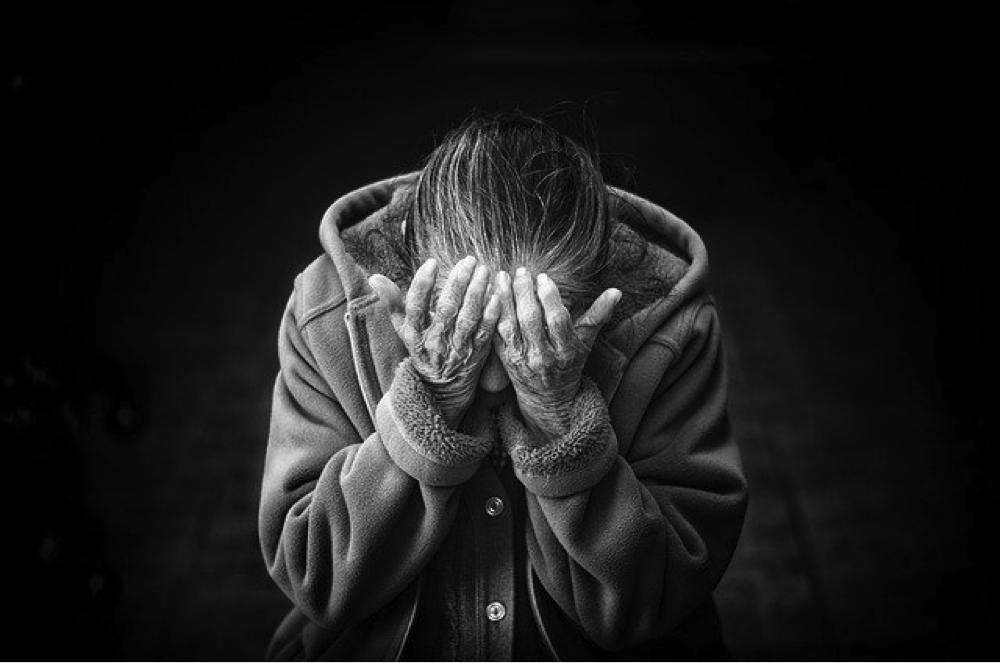The death of a loved one is something that every human is going to experience at some point in time. It’s difficult to come up with the right words when you’re trying to describe how it feels, and so many people find themselves struggling in silence. A self care subscription box may help, but there are also other ways for you to stay collected after the death of someone close. In this blog post, we’ll talk about what can help you get over losing someone important, and what coping mechanisms might work best for you as an individual.
Identify What You’re Feeling
When feelings come up, acknowledge and identify them. The more feelings you can name, the better able you’ll be to process them. For example: “I feel sad because I miss my father so much” or “My stomach feels like it’s full of rocks.”
You may also want to write about your feelings in a journal, make art with your feelings (drawing or painting), or talk over what you’re feeling with someone else who is supportive.
Be aware of mixed emotions
Feelings are complicated; they often come up as a mix of multiple emotions at once such as anger and sadness—or joy and anticipation tinged by worry. This mixture doesn’t mean there’s something wrong with how you’re feeling; feelings are meant to be complex!
Give Feelings A Voice
Make sure you give feelings the space and attention they need. You might find it helpful to ask yourself:
What am I feeling? How does this make me feel in my body? When did these feelings start showing up for me, and what were some of the triggers that led up to them? What do I want from myself or others around me right now when I’m having these feelings?”
Find Support
If your feelings have been difficult to manage or if you’ve struggled with how often they come up, consider reaching out for help. A mental health professional or another support person can help you learn to manage feelings productively, constructively express them, and feel more confident about your ability to do so.
Learn How Not To Be Overwhelmed By Feelings
Some feelings are difficult but normal responses that fade over time with the right support. Grief after losing a loved one, for example. Other feelings may take longer to heal from because they’re related to abuse or trauma—or even an ongoing situation like parenting while experiencing depression. When it feels impossible for feelings to go away on their own? Reach out today!
Talk To Someone About Your Feelings, Whether It Be Friends Or Family Members
It is important to talk about the loss and how you feel. Do not bottle up your feelings; instead, express them in a constructive manner where it can be helpful for other family members or friends who are going through their own grief process. This may help build a stronger emotional support system within family/friends too!
If you or some of your family members believe that someone was responsible for the death of your loved one you should tell that to each other. Sometimes that feeling is just a consequence of grief, but sometimes it’s the objective reality and you can do something about it. For everyone living in the New Jersey area, a wrongful death lawyer in Morristown can be the right address to visit. It’s not easy to go through the court in times like this, but it can help make things right.
Talking with someone will also allow you to hear another person’s perspective on what has happened, which might provide some new insights that could make things seem less difficult.
Write In A Journal About Your Feelings
Write in a journal about your feelings. It can be for yourself or you could write to the person who died, but either way, it’s important to get out all of those emotions and thoughts that are piling up inside.
You might feel like crying or screaming when nobody is around, so let them out! The best thing ever would just be to write everything down as a sort of release. If you’re not sure what exactly to write (or how), take some time at night before bed where you have nothing else on your mind except focusing on whatever comes into your head. Try talking through the day with her/him and then end off by writing one sentence about what happened tonight or tomorrow morning – even if they don’t show up in your dream.
Spend Time On Hobbies That Make You Feel Good
It is important to have a hobby that you enjoy and feel good about. Try finding something new, or go back to an old hobby of yours. Maybe it is time to try learning how to play the guitar? There are many different hobbies out there that can help with grieving such as playing video games, biking, painting – anything! Find your happy place again in life.
Spending time doing that hobby and getting into your happy place again will help with dealing with the loss of loved ones.
For some people though, hobbies are not enough on their own and they need additional support from professionals. If you feel like this might apply to you or someone close to you – speak up about what’s going on! There are many ways we all need our feelings validated during tough times so don’t bottle things up inside yourself or others around us.
Take Care Of Yourself – Eat Healthy And Exercise
Staying healthy is important to take care of yourself, but also to show respect for the person who is gone. You want them to know that you’re taking good care of their legacy and keeping up with your responsibilities as a human being.
It’s okay if you don’t feel like doing anything after someone dies, or it might be too difficult because all of the memories are still fresh in your mind – grieving takes time. But there are some things you can do:
- Go out for a walk outside
- Play music that reminds you of the loved one
- Draw pictures or create small art projects (you could even put these items on display)
- Spend time with friends/family members who were close to the loved one
We hope this blog post has helped you identify what is making you feel down and given some ideas for ways to deal with those feelings. Remember that everyone feels sad sometimes, but if these negative thoughts are impacting your work or relationships, it might be time to talk to a professional about getting help.


![[Review] Fireplace by Bedrock Launches Unlimited Wood Fired Brunch with Festive Treats at One Holland Village [Review] Fireplace by Bedrock Launches Unlimited Wood Fired Brunch with Festive Treats at One Holland Village - Alvinology](https://media.alvinology.com/uploads/2025/12/firestar-by-bedrock-brunch-grilled-25-110x110.jpg)








